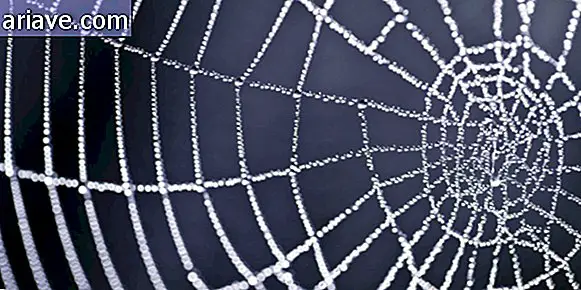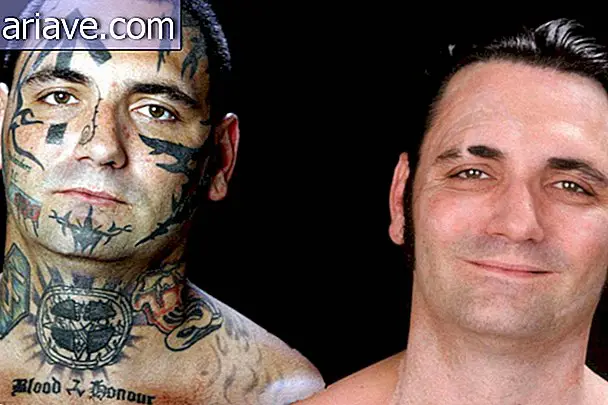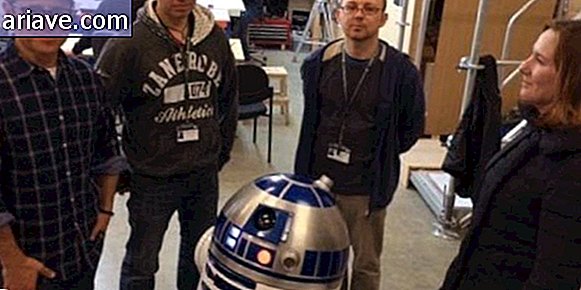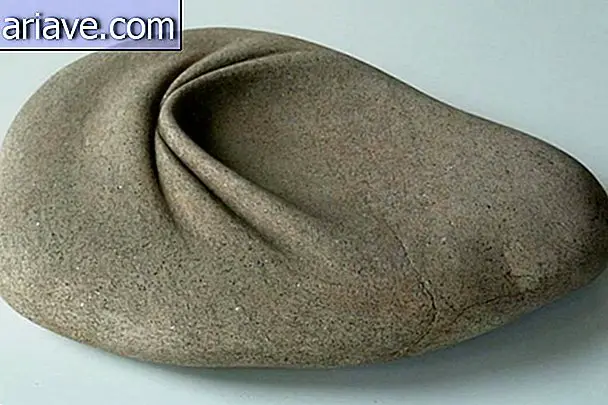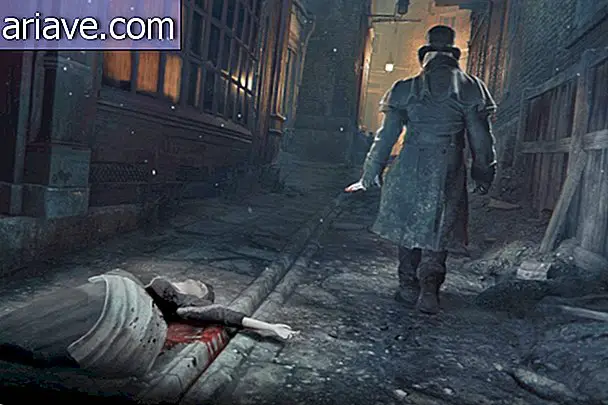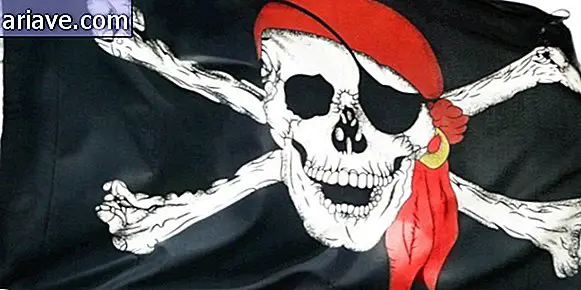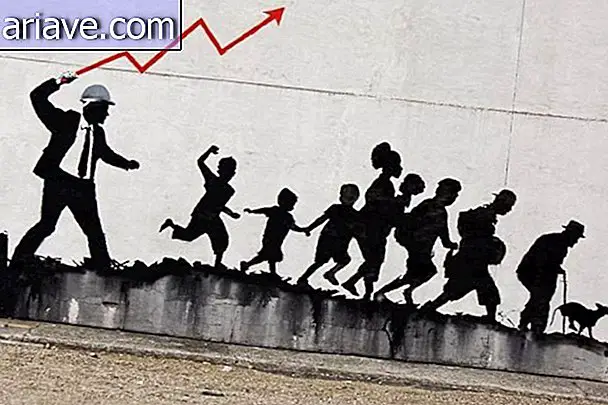European DNA is younger than previously believed
A group of scientists from the University of Adelaide recently discovered that the European population may be younger than previously thought. As a series of bare bones revealed in central Italy and Germany, European genes were considerably altered some 4, 500 years ago.
Originally, it was believed that pioneer farmers had migrated to the region approximately 7, 500 years ago - or even groups of collectors before that - and remained in place to this day.
According to scholars, the population that then inhabited central Europe must have been replaced by the one that bequeathed the current genes. "The population arrived between 4, 000 and 5, 000 years ago, but its origin remains a mystery, " said Alan Cooper, director of the Australian Center for Ancient DNA, in an interview with Nature Communications. “We found nothing similar in the regions around Europe.”
Something must have happened more than 4 millennia ago
Although such research was based on comparisons of mitochondrial DNA - which revealed substantial genetic differences between the earliest inhabitants of Europe and today's population - the discrepancy between the different European ancestors had already appeared in other studies.
Among the evidence raised by other studies, there are, for example, significant contrasts between weapons and typical structures used by the first peoples and those who eventually divided the European territory some 4, 000 years ago.

“What is really intriguing is that the genetic markers of the first successful pan-European cultures were suddenly replaced about 4, 500 years ago, and we don't know why, ” says Cooper. Among the possibilities raised are climate change - although this is hardly seen as the only cause.
After that period, Europe has notoriously gained new genetic-cultural tributaries "coming from Iberia and from eastern portions, " added research co-author Dr. Wolfgang Haak in an interview with Nature Communications.
